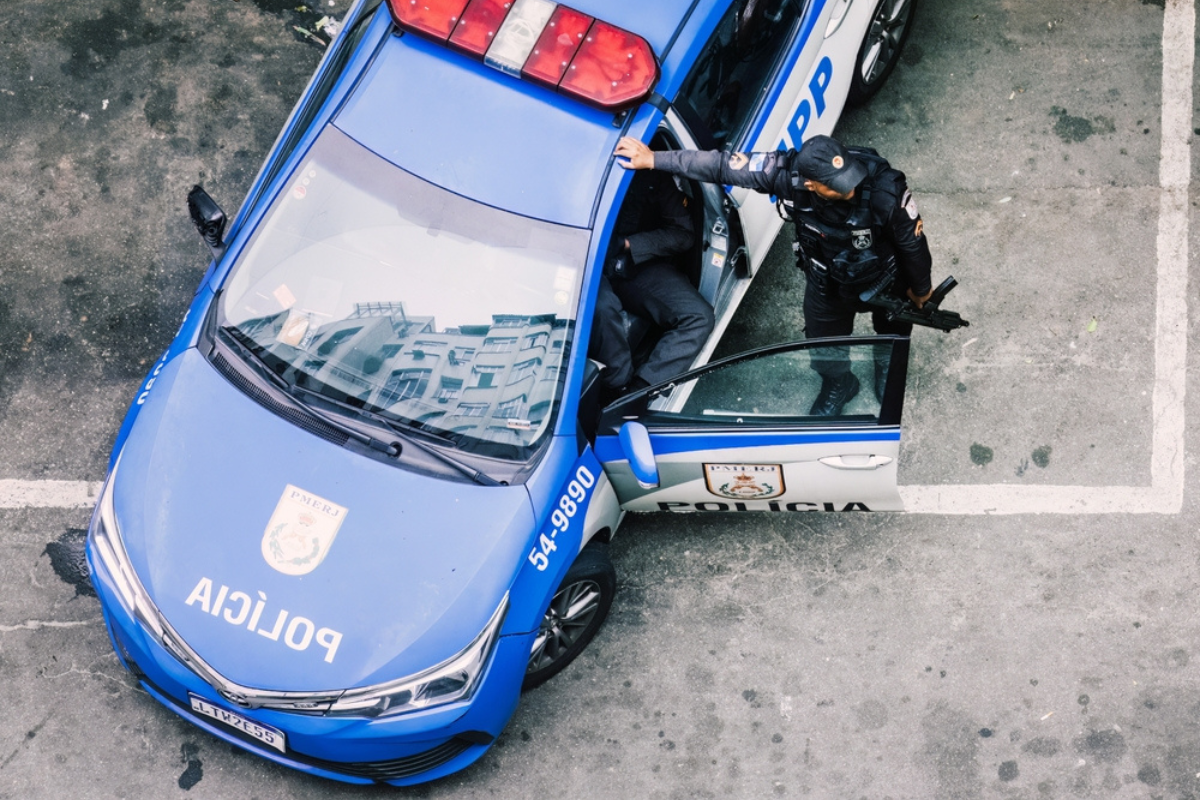According to data from the Violence Atlas study, Brazil spends 5.9 percent of its gross domestic product (around USD 120 billion) every year on crime and violence. Looking at the private sector alone, however, the spend is equivalent to 4.2 percent of GDP.
Spending, in this context, comprises private security and insurance costs, as well as spending on the health, public safety, and prison systems.
As an example, cargo robberies increase the cost of freight for private companies, and violence can lead to productivity losses due to increased risk, employee health issues, and missed days of work.
“Crime is a reality, and if we want to prevent it we have to understand its real impact on the economy,” said Renato Sérgio de Lima, head of the Brazilian Public Security Forum, responsible for the Violence Atlas study. “We have to understand its military, financial, and political power, and the capture of the formal economy for organized crime to fund itself.”
Public security has been a major thorn in the side of the government of President Luiz Inácio Lula da Silva. An Atlas Intel poll from March showed that the president fared badly among voters on safety-related issues. The percentage of respondents who approved the government’s public security policies were outnumbered by those who disapproved, by a large margin of 42 percentage points.
According to pollster Quaest, eight out of ten voters believe crime has gotten worse in the past year. Atlas Intel, meanwhile, shows that two-thirds of Brazilians believe criminals and drug trafficking are the country’s top concerns, above worries about the economy and inflation.
Organized crime is dominating headlines in Brazil at the moment, after the São Paulo Prosecution Office on Tuesday launched an operation targeting two bus companies suspected of laundering money for the First Command of the Capital organized crime group, best known as the PCC.
Several police investigations have found links between executives and drug gangs and flagged suspicious financial activity in these companies — and yet, that has not stopped many from signing new contracts with the city of São Paulo.


 Search
Search






































